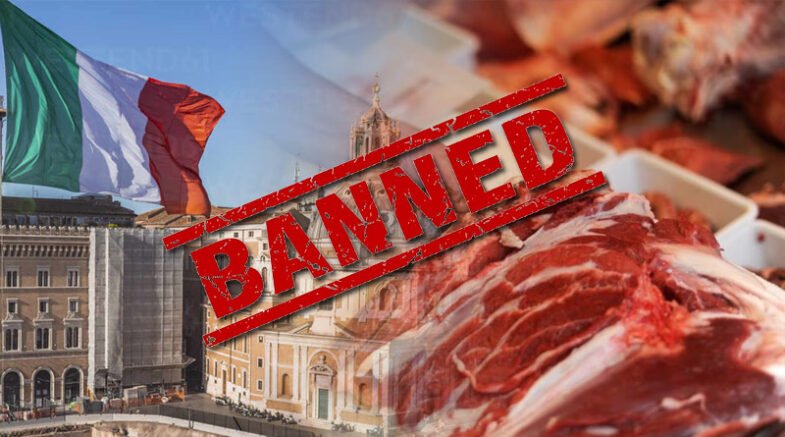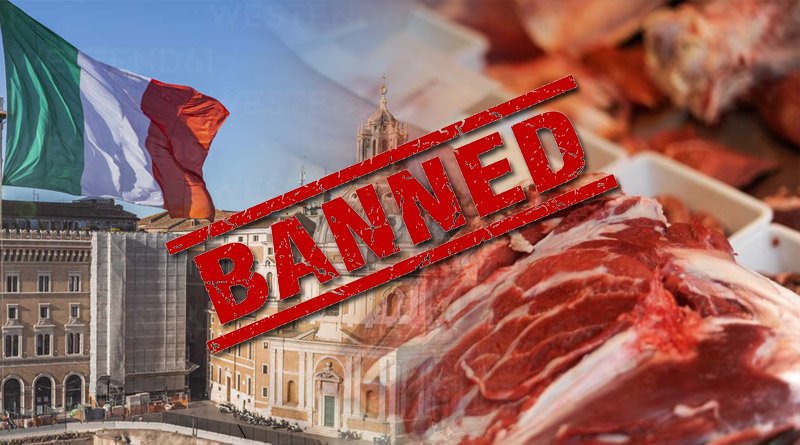The draft stated that the new regulations do not apply to goods produced in Turkey, the European Economic Area, or any other country within the European Union.

To protect the nation’s agri-food heritage, the Italian government on Tuesday approved a bill that forbids the use of food and animal feed that have been grown in laboratories. The agriculture minister announced this at a press conference following a Cabinet meeting.
According to a draft of the bill obtained by Reuters, Italian industry won’t be permitted to produce food or feed “from cell cultures or tissues derived from vertebrate animals” if the proposal is approved by parliament.
The draft stated that the new regulations do not apply to goods produced in Turkey, the European Economic Area, or any other country within the European Union.
The maximum fine for breaking the rules is 60,000 euros ($65,022). Minister Francesco Lollobrigida, a prominent member of the right-wing Brothers of Italy party, which is led by Prime Minister Giorgia Meloni, stated that “laboratory products, in our opinion, do not guarantee quality, well-being, and the protection of our culture, our tradition.”
The nationalist government of Meloni has renamed the agriculture ministry to the “ministry for agriculture and food sovereignty” and promised to protect Italian food from technological advancements it deems harmful.
A ban on “synthetic food” is necessary, according to agriculture lobbyist Coldiretti, to protect agri food heritage and to protect domestic production “from the attacks of multinational companies.”
The draft stated that, producers who operate infringing factories risk having their right to receive public funding suspended for up to three years. The initiative infuriated animal rights organisations as well as groups across Europe that support the development of “cell-based” agricultural products.
According to Alice Ravenscroft, head of policy at the Good Food Institute Europe, the adoption of such a law “would shut down the economic potential of this nascent field in Italy, holding back scientific advancement and climate mitigation efforts.”
Cellular Agriculture Europe, a network of food companies, claimed that Italy was restricting options for customers who are concerned about animal welfare and the effects of their food choices on the environment. The bill was dubbed “an ideological, anti-scientific crusade against progress” by the anti-vivisection group LAV.
According to the article, lab meat, which is made from the cells of living animals, is a healthy substitute for intensive breeding and slaughtering practises. Meloni has taken other steps to prevent unusual foods from being served on Italian tables, in addition to the ban on cell-based meat.
In response to a debate over the use of cricket flour, she claimed last week that the government was drafting a flurry of decrees to introduce information labels on products containing or derived from insects. She stated on Twitter that “people must be able to make an informed choice.”
